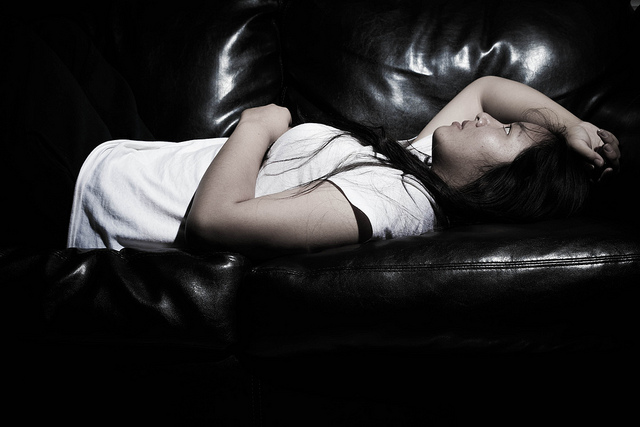
Relationship Roadtrip (Ep. 27)
August 26, 2020
Relationship Roadtrip (Ep. 28)
September 3, 2020Everyone has good days and bad days. Sometimes you’re up, sometimes you’re down. But if you’re very up or very down, and if those changes come unpredictably and dramatically, then you may have bipolar disorder.
Bipolar disorder is often misunderstood and sometimes misdiagnosed; accuracy in diagnosis and treatment is very important, given that when untreated, serious consequences can result. Today we’d like to take a closer look at the disorder and clarify misunderstandings about it.
Definition and Types
Bipolar disorder is a mental disorder characterized by alternating, often dramatic periods of depression and mania. The depressive stages are typically very low and marked by suicidality, self-harm, and low energy. Conversely, manic stages consist of unusual energy, hyperactivity, and impulsive (sometimes dangerous) behavior.
Bipolar symptoms are not the same in everyone, and can range from mild to extreme. This important distinction means there are two types of bipolar disorder. Type I requires at least one manic episode with or without depressive episodes, and Type II requires both. Also, whereas Type I mania may be characterized by psychosis or delusions, Type II mania is significantly less severe and characterized more by increased energy.
People who have bipolar disorder often appear unstable and unpredictable, and have contentious relationships with other people. Manic episodes directly increase their risk of death through hazardous behavior.
Bipolar disorder often coexists with ADHD, anxiety, schizophrenia, and other such disorders.
Causes
There is no clear cause of bipolar disorder. There is a distinct hereditary element, but whether this is genetic or due to learned behaviors is unclear. Research does point to some genetic causes, but correlation in these studies does not necessarily imply causation.
Environmental factors, particularly childhood trauma, may also play a role. Because of how bipolar disorder manifests behaviorally, parents may unintentionally teach children unhealthy behaviors. Bipolar disorder can also be “triggered” by interpersonal relationships, stressful events, and even sleep deprivation or other physical stressors.
Research indicates that bipolar disorder and major depressive disorder have overlapping causes.
Treatment
Medication is highly effective in treating bipolar disorder, particularly lithium (a mood stabilizer) and antipsychotics. However, these drugs also come with severe side effects, and so are typically prescribed for very severe cases.
Cognitive behavioral therapy and family therapy are also very effective. These therapies help people with bipolar disorder identify the signs of upcoming episodes and improve their relationships with their loved ones.
Azevedo Family Psychology offers cognitive behavioral therapy that can treat your bipolar disorder. Contact us today to get started, and together we can create a life worth celebrating!




